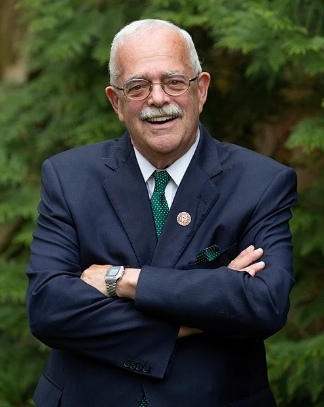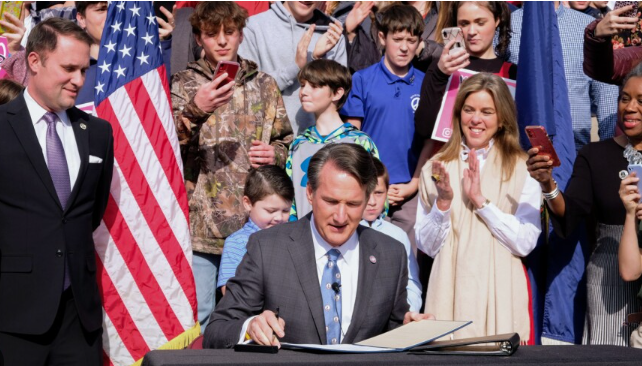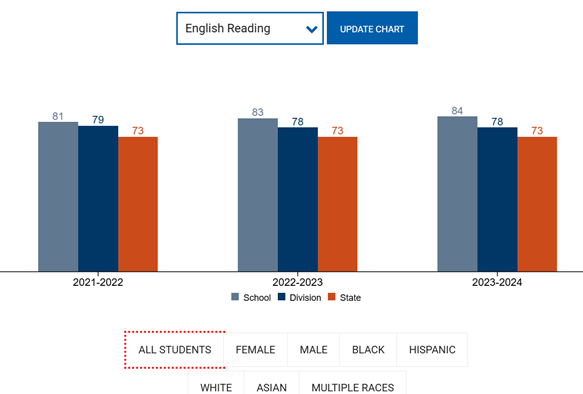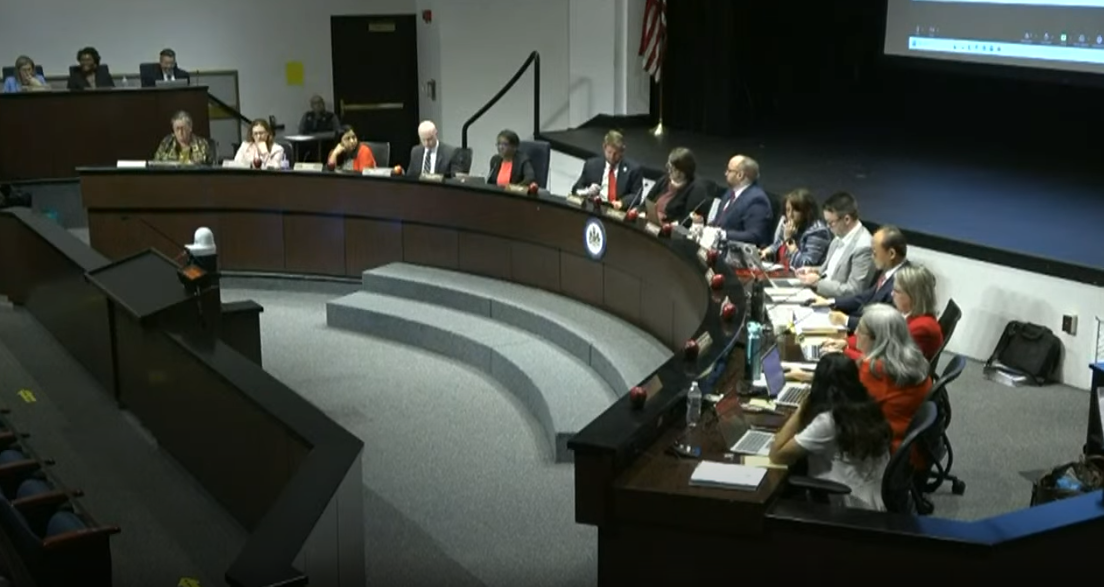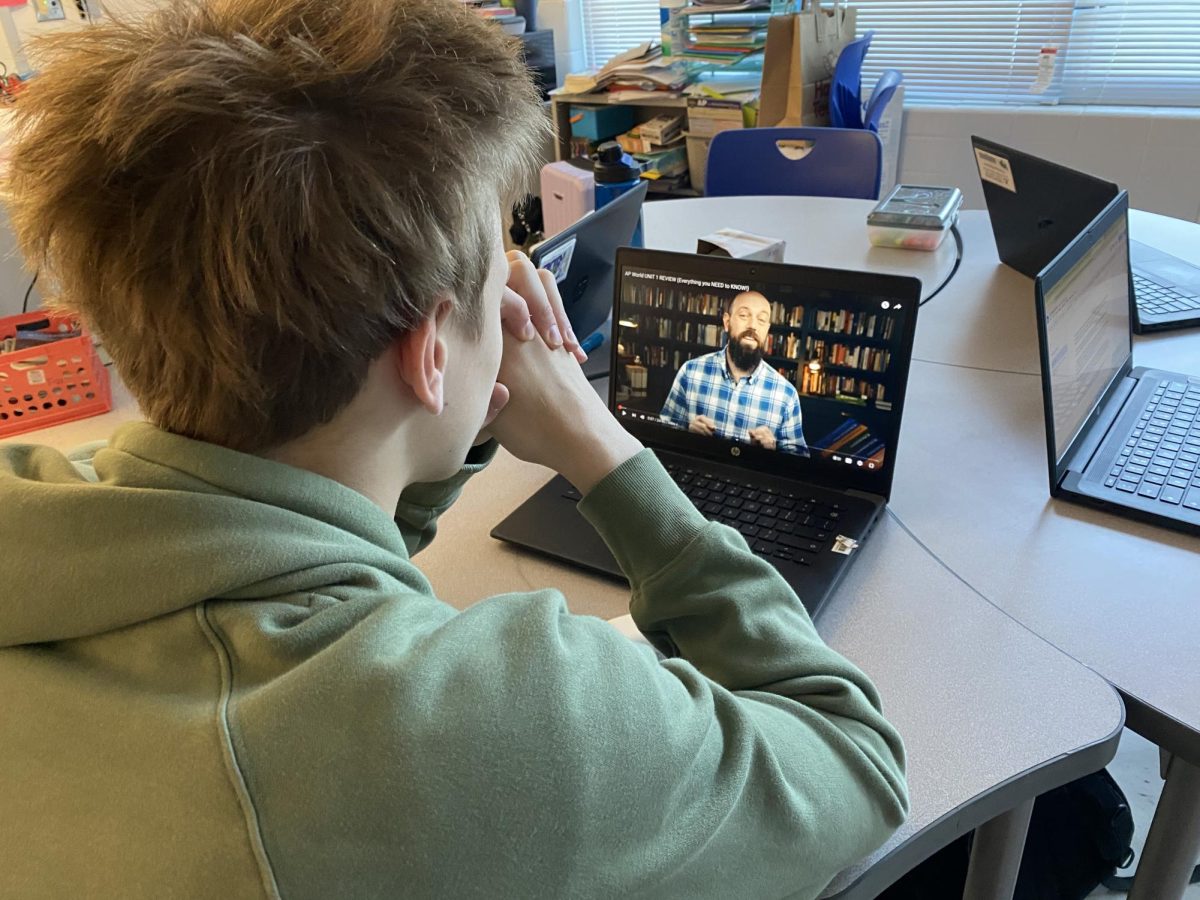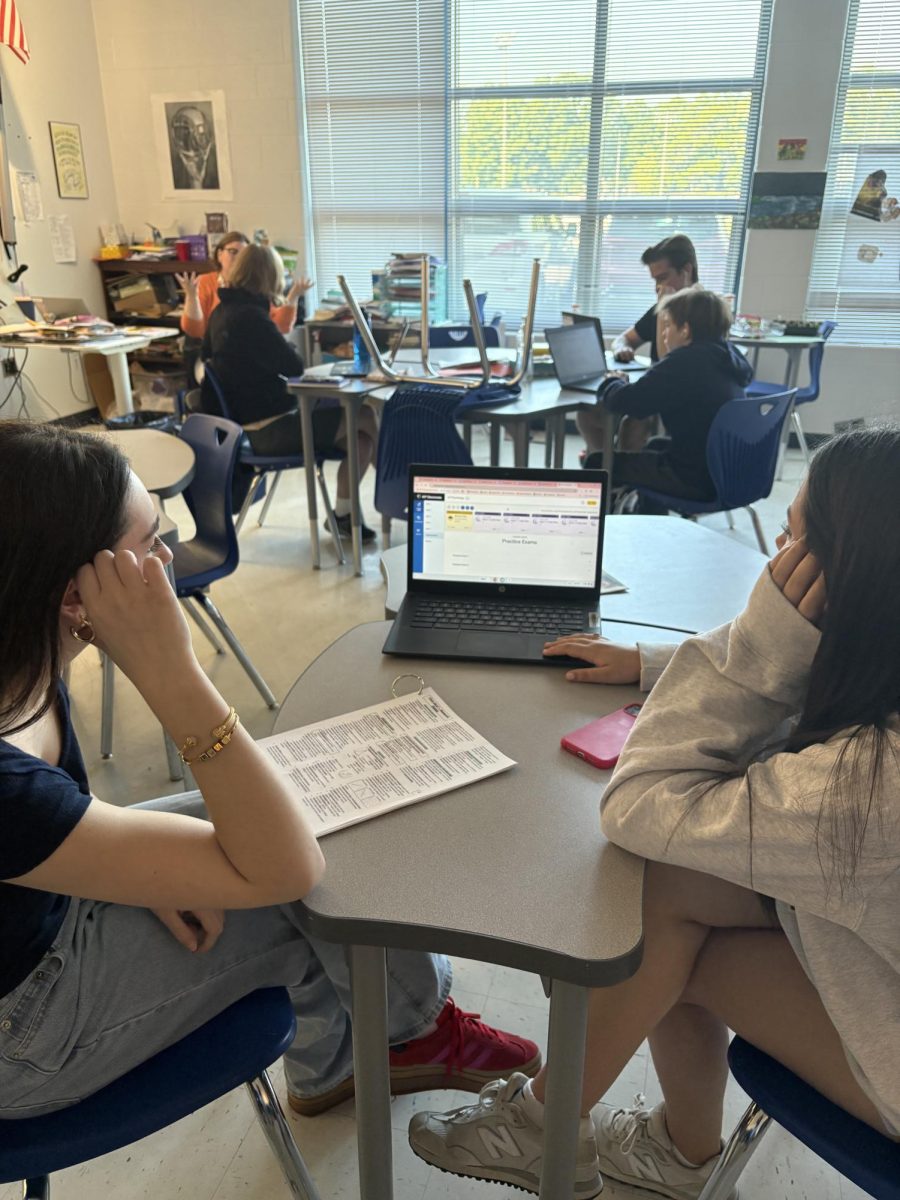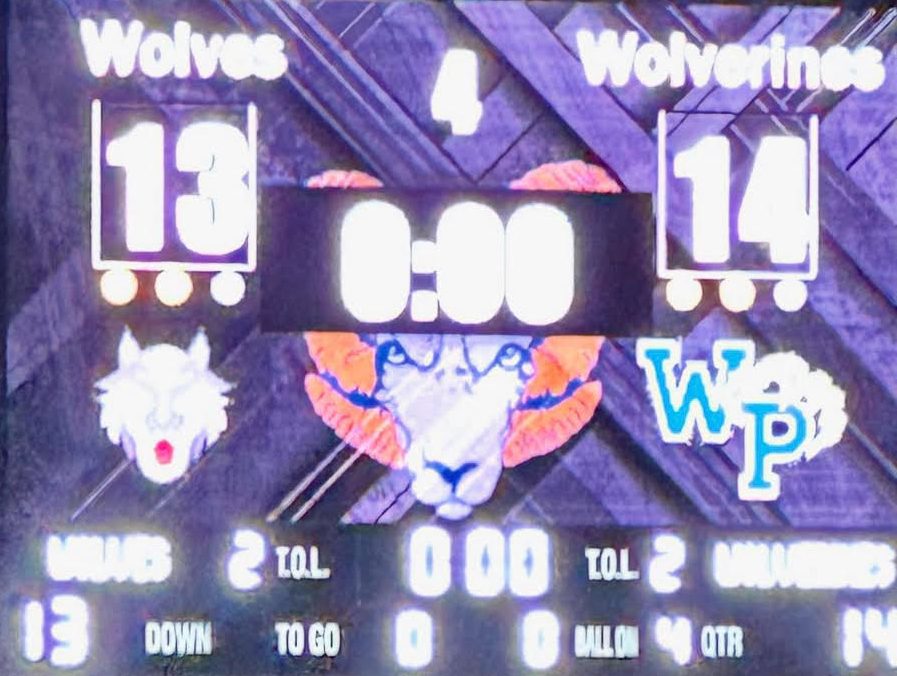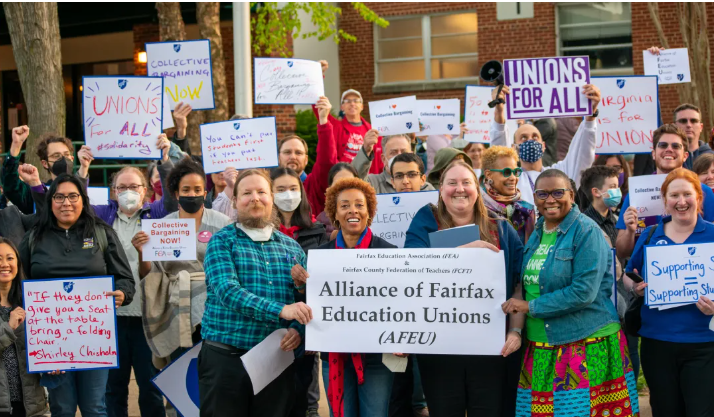Over the next week, FCPS employees will be voting for the first time on whether to be represented by unions in collective bargaining. If the election succeeds it would mark a major victory for teachers unions in one of the nation’s largest school districts and would be a big addition to a wave of similar elections happening across the state in places such as Charlottesville and Richmond.
These elections were made possible by a law passed by the Virginia legislature in 2020 that ended the 40 year ban on the right of public sector workers to engage in collective bargaining. According to the Fairfax County Federation of Teachers (FCFT), collective bargaining is the process by which workers and employers sit down and negotiate a contract that determines things such as pay, health benefits, leave, and hours. If enough teachers vote for the measure, the Fairfax Education Unions (an alliance between FCPS’s two major education unions) would become the representative for FCPS employees at the bargaining table.
West Po’s English department chair Mr. O’Grady expressed hope that the measure would pass and detailed some of the benefits that collective bargaining could provide. “Increased pay, limitations on what we can be told to do with our time, and limitations on the amount of work we can do” could come out of a collective bargaining negotiation, O’Grady said. “Currently the amount of work that we are expected to do cannot fit in the hours that were paid for. So all of us wind up working hours outside of the hours we’re contracted for… We don’t have overtime pay.”
English teacher Mr. Pabich also expressed support for the collective bargaining vote, “Collective bargaining is the way labor maintains power against management. I’m entirely for it.”
Mr. Przywara who teaches AP Psych and AP CompGov was also supportive of the vote but did have some reservations “I remember when I was in a teachers union in Ohio the union dues were pretty steep and took a lot out of our paychecks so that could be an issue but overall I think collective bargaining is a good thing.”
Due to Virginia’s right to work law teachers do not have to join the union or pay dues in order to be represented in collective bargaining. However, Mr. O’Grady is hopeful that more teachers will join the union if collective bargaining passes. “If we get collective bargaining I’m absolutely joining the union. . . and I do think that if people are realizing that the union is delivering better conditions for us that they will then join so we can all benefit.”
Overall O’Grady believes West Po employees want their jobs to be easier so they can give students their best. “If we have better teachers, we have better education, which is a better student experience. And then everything gets better for everyone which is, I hope, the direction that we’re all headed.”



